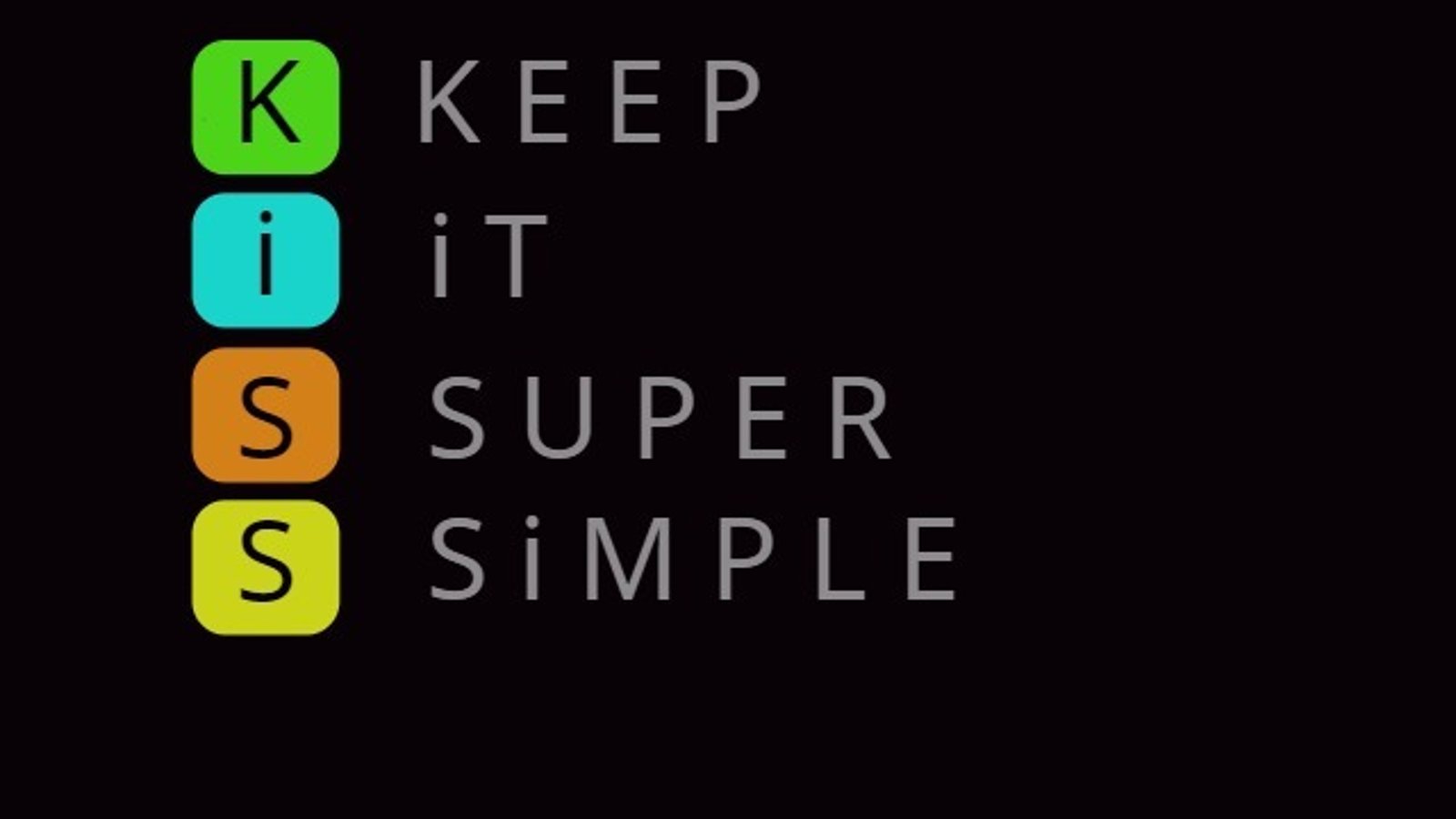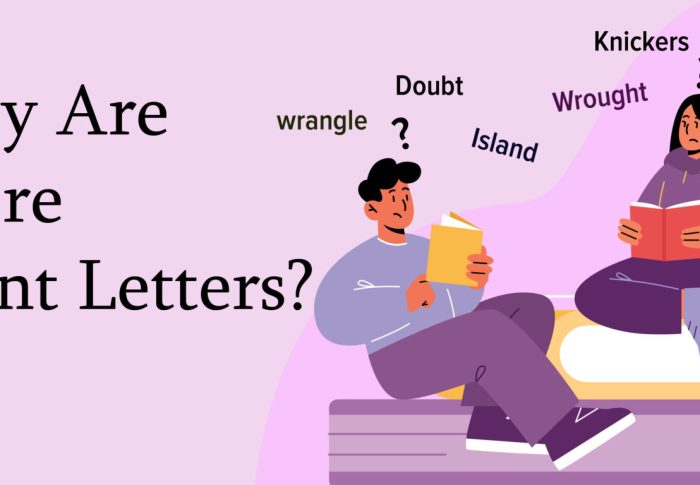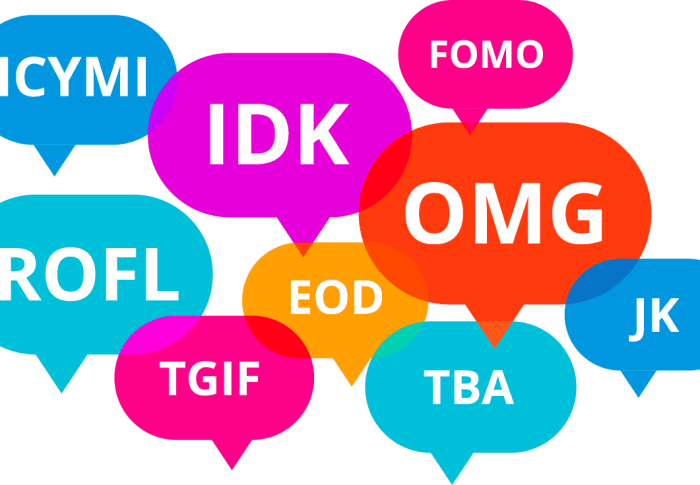
K.I.S.S…, Like a Baby
Learn English Like a Child: A Fresh Perspective
Learning English—or any new language—can feel like climbing a huge mountain. Many adults feel frustrated because it seems like children learn languages so easily. Why is it so easy for kids but so challenging for adults? The truth is, it’s not about age. It’s about how you approach learning. If you start to think and learn like a child, you can unlock the magic of language learning.
Why Do Kids Learn So Easily?
Children’s brains are like sponges. They soak up sounds, words, and patterns without overthinking. Before babies even say their first word, they listen to speech for over a year! They pay attention to how words sound, the rhythm of sentences, and how people communicate around them.
Kids don’t start with grammar rules or spelling. They begin with listening. They hear the music of a language—the rise and fall of tones, the way people pause, and how words flow together. Then, they try saying simple words like “mama” or “ball.”
Adults, on the other hand, often start with grammar books and vocabulary lists. We focus on words and rules, but we forget to just listen and feel the language. This makes learning harder because we miss the natural rhythm of speech.
The Power of Listening
Imagine a baby sitting in a room full of adults talking. The baby isn’t reading, writing, or looking at grammar charts. They are just listening and absorbing. Studies show that adults can do the same! Even listening to a language for just five minutes can help you understand its melody and rhythm.
For example, if you listen to a completely new language like Māori, you might not understand the words, but your brain can still pick up its patterns. Listening is the first and most important step to learning.
So, instead of jumping into textbooks, start by listening to English podcasts, songs, or conversations. Don’t worry about understanding everything—just let your ears get used to the sounds.
Don’t Fear Mistakes
One of the biggest differences between kids and adults is fear. Kids don’t worry about making mistakes. If they say something wrong, they just laugh and try again. Adults, however, often feel embarrassed.
Imagine asking for bread in another language and accidentally saying something funny or awkward. It’s okay! Every mistake is a step toward learning. Laugh at your mistakes, learn from them, and move forward.
Remember, nobody speaks perfectly when they’re learning. It’s normal to feel shy, nervous, or even silly. But don’t let that stop you. Celebrate every small success, like pronouncing a word correctly or understanding a sentence.
Learn Like a Kid
How do children learn? Through stories, songs, games, and repetition. They don’t start with big, complicated books. They start with simple rhymes like:
“Brush, brush, brush. Comb, comb, comb.”
These simple phrases teach rhythm, vocabulary, and fun. Adults can learn the same way. Try these tips:
- Watch kids’ shows or movies. Shows like Peppa Pig or Bluey use simple language that’s perfect for beginners.
- Read children’s books. Start with books full of pictures and easy words.
- Sing songs. Songs help you remember phrases and practice pronunciation.
- Play games. Simple games like “Simon Says” or “Tag” teach action words and sentences.
By starting with fun, simple activities, you’ll build a strong foundation, just like a child.
Why Reading Can Wait
Many adults begin learning English by focusing on reading and writing. But studies show that this can actually slow you down. When you focus too much on letters and grammar early on, you might miss the bigger picture—the flow and sound of the language.
Think about how kids learn to talk before they learn to read. By listening first, they build a natural understanding of how sentences work. Reading and writing come much later. So, if you’re a beginner, spend more time listening and speaking before worrying about spelling or grammar.
Believe in Yourself
Science tells us that adults can learn languages just as well as kids. The key is to create the right environment. Surround yourself with English as much as possible. Listen, speak, and practice every day.
Most importantly, be patient with yourself. Learning a language isn’t a race—it’s a journey. You don’t need to be perfect to communicate. Even small steps, like saying “hello” or ordering food in English, are big victories.
Your “Aha!” Moment
Here’s the secret: You already have everything you need to learn English. You just need to change how you think. Stop focusing on perfection and start enjoying the process. Be curious, be playful, and let yourself explore the language like a child.
Remember, every mistake is progress. Every new word is a step forward. And every time you listen, you’re getting closer to fluency. So, start small, dream big, and believe in yourself. You’ve got this!
Let’s learn English like kids—one happy word at a time.
Simple Definitions:
- Language: The words and sounds people use to talk to each other.
- Learn: To get new knowledge or skills by studying, practicing, or experiencing something.
- Mistake: Something that is not correct or is done the wrong way.
- Brain: The part of your body inside your head that helps you think, learn, and feel.
- Child: A young person who is not yet an adult.
- Listen: To pay attention to sound or words you hear.
- Practice: To do something again and again so you can get better at it.
Discussion Questions:
- What do you find most fun about learning a new language?
- Do you think learning like a child could help you improve? Why?
- Have you ever learned something by listening first instead of reading?
- What was the funniest mistake you made while learning English?
- Do you prefer learning grammar or practicing speaking? Why?
- Have you ever tried learning a language with songs or kids’ books?
- Why do you think children don’t get embarrassed when they make mistakes?
- What scares you the most about speaking a new language?
- How do you usually practice listening to English?
- Do you think learning with games or activities would make it easier?
- Have you ever tried listening to a podcast or radio in English?
- What do you think adults can learn from kids about language learning?
- Do you believe adults can learn languages faster than children? Why or why not?
- If you could learn one new word today, what would it be?
- What’s your best tip for someone just starting to learn a new language?





-
-
10 months
Tagged pronunciation, spelling